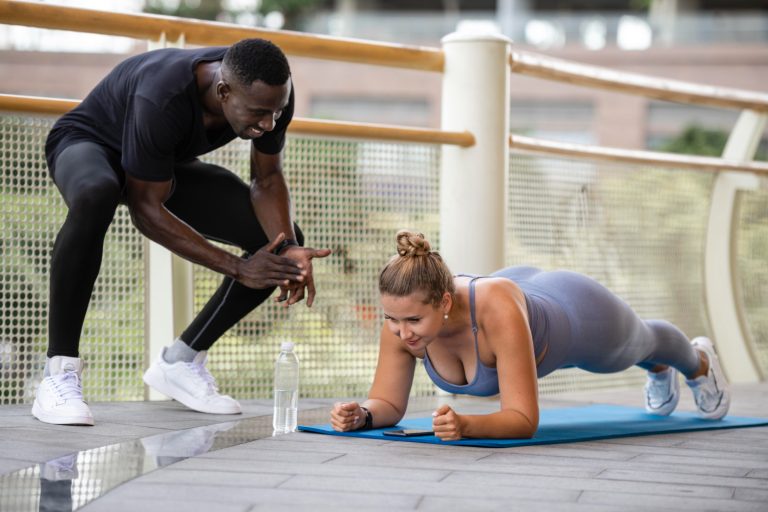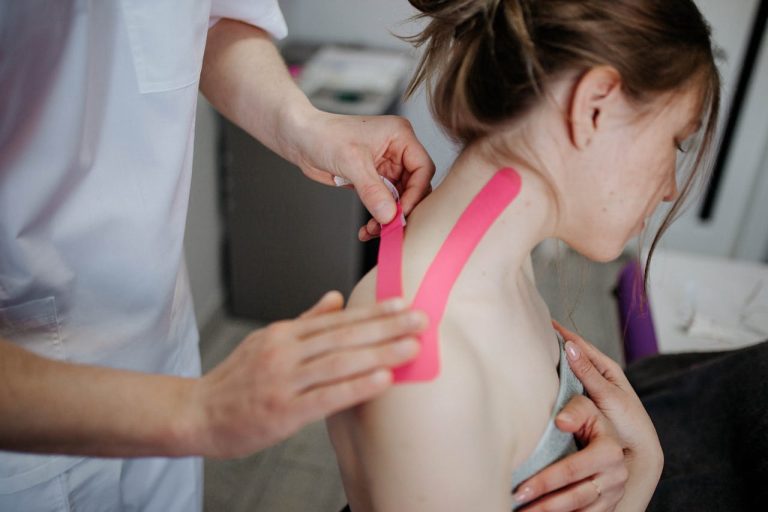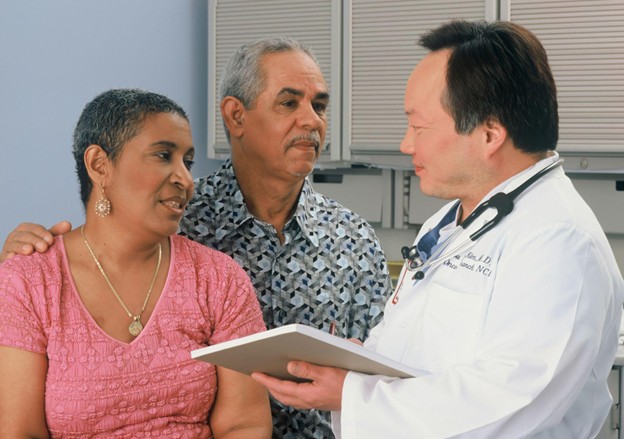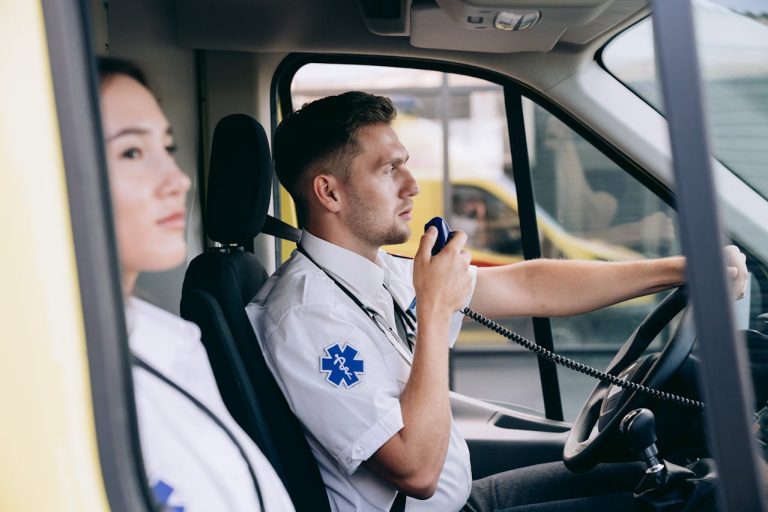
Among the growing demographics in prison, female inmates have unique healthcare needs while they are incarcerated and after they reenter society. According to Gloria Bachmann, associate dean of Women’s Health Institute, “Many women who have been incarcerated have a history of addiction, domestic abuse, and sexual violence in addition to the trauma incurred from being in prison.”
Pressing Needs of Incarcerated Women
Women in prison tend to have more health issues as compared to the women in their community. In a recent study conducted by Rutgers, the State University of New Jersey, it was found that in more than 1,000 recently released women, around nine out of ten of them suffered from a diagnosed health condition that requires active management and treatment. And two-thirds of those very women have reported having been diagnosed with physical health conditions that have been classified as ‘chronic’ such as cancer, diabetes, sexually transmitted diseases, HIV, and many more. Additionally, this also makes them one of the most common populations of people who are likely to have higher rates of getting strokes.
Since incarceration itself can be pretty traumatic, almost every incarcerated woman has to deal with common mental health issues like depression, and anxiety, including post-traumatic disorder. Even the LGBTQ+ inmates have their own additional mental issues to deal with.
Needs Being Addressed
Unfortunately, since most prisons have been set up for men, prison systems do not exactly take into account the issues women inmates have to deal with, such as pregnancy, breast cancer, mensuration, or the quantity and quality of hygiene products being provided to them.
In addition to that, more than 60% of women in state prisons have children under the age of 18 so there are things we need to look into such as how childbirth occurs for incarcerated women, the amount of time a month can spend with her child and how technology can be used to improve the connection and engagement between mother and child.
Fortunately, there are leading people who are working towards making a change in these horrible circumstances. And the best people to deal with these situations are the ones who truly understand what is happening in our current prison systems.
For example, let us consider the contributions made by Jamila Davis, a revered entrepreneur and prison reform activist, among many other things. After being in prison for a long time, she realized the dire need for a change in circumstances if women were to ever survive in prison on their own.
During her years in prison, she embarked on an inner healing and restoration journey where she developed a self-help curriculum that was specifically designed to help women heal, recognize their potential and recapture their dreams.
After leaving prison, she worked with her mother to establish Voices International Publications – a publishing company that produces books to inspire incarcerated women to make the most out of their living conditions and live to the fullest. Additionally, she also co-founded Women Over Incarcerated, which is an advocacy group that fights sentence reforms for non-violent female federal offenders.






